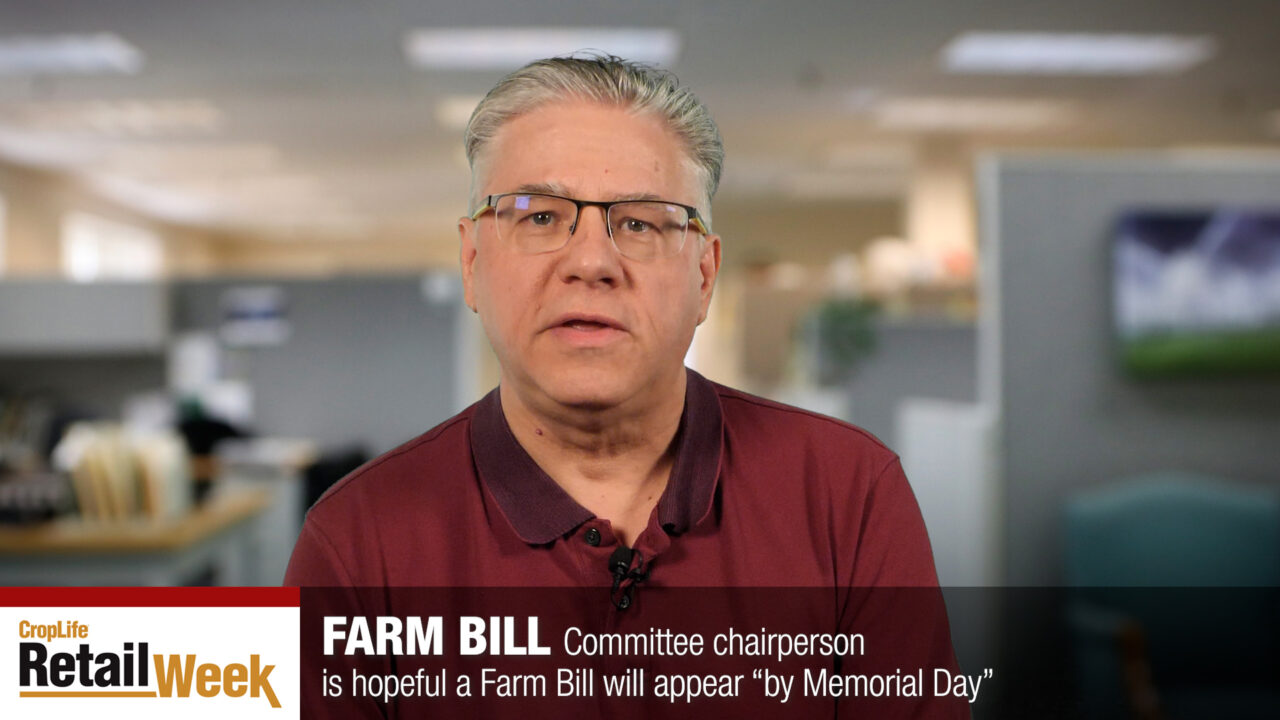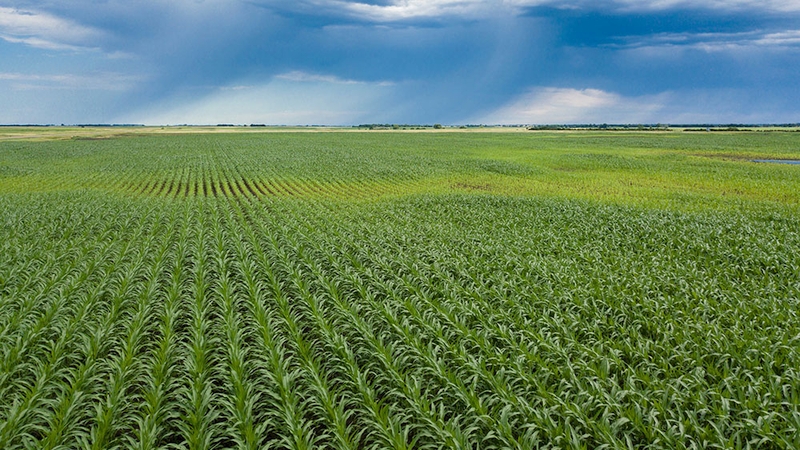GMO Or DNA? LOL Or WTF?
When caught in rush hour traffic, I’ve always contended that at least 80% of the other drivers around me have no clue what they are doing. I’ve often wondered if this same level of ignorance could be applied to the certain topics when it comes to the general population as well.
Now, I have proof that this might indeed be the case.
For years now, I’ve been following the efforts by a select group of activists to sell to John Q. Public the need for food manufacturers to label their products if they contain materials sourced from genetically-modified organisms (GMOs) such as biotech corn or soybeans. In fact, according to research, just over 80% of Americans think this kind of labeling requirement on their foods is a good idea.
However, another recent survey found consumers might be confused when it comes to what kind of food labels they want. In research conducted by the Oklahoma State University Department of Agricultural Economics, more than 80% of respondents supported mandatory labeling for foods that contain deoxyribonucleic acid (DNA). DNA is genetic material essential to all known forms of life (and present in all foods) while GMOs are edible organisms where some genetic material has been altered. The only thing these have in common is both are usually represented by their abbreviations when referred to in news stories.
Again, more than anything else, I think this speaks volumes to how effective biotech crop opponents have been in misinforming the American people regarding their causes. Now, whenever most consumers are asked about their views on food labeling requirements, any three-letter combination will likely raise suspicion, no matter what it really stands for.
Overall, I’m not really sure how to feel about all this. To put it into three-letter combinations, part of me wants to LOL. However, another part of me can’t help but think WTF.
Either way, I’m hopeful I haven’t just confused 80% of the folks reading this column!






